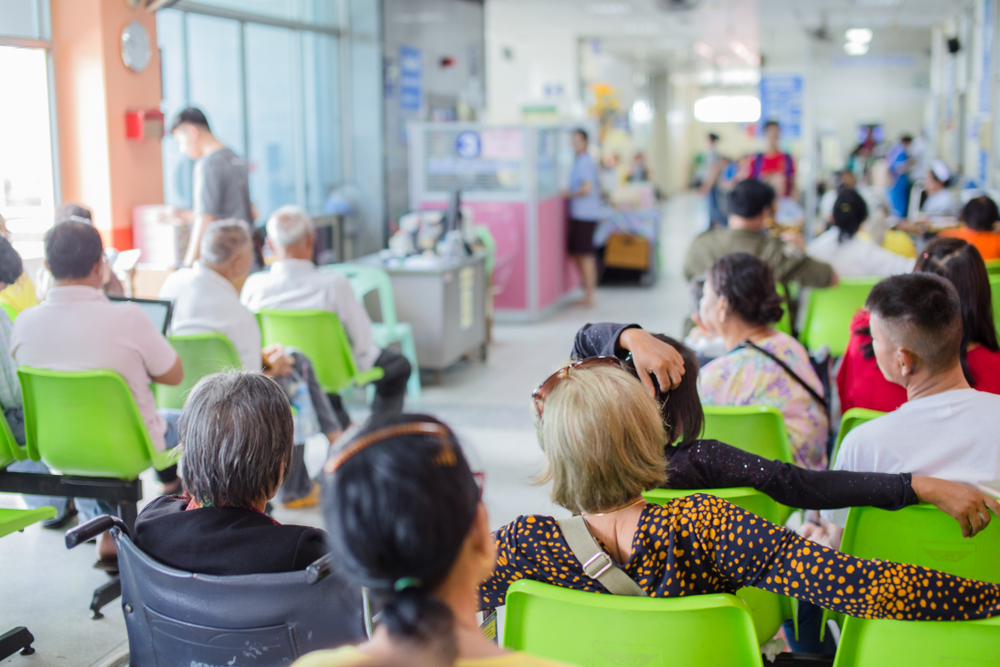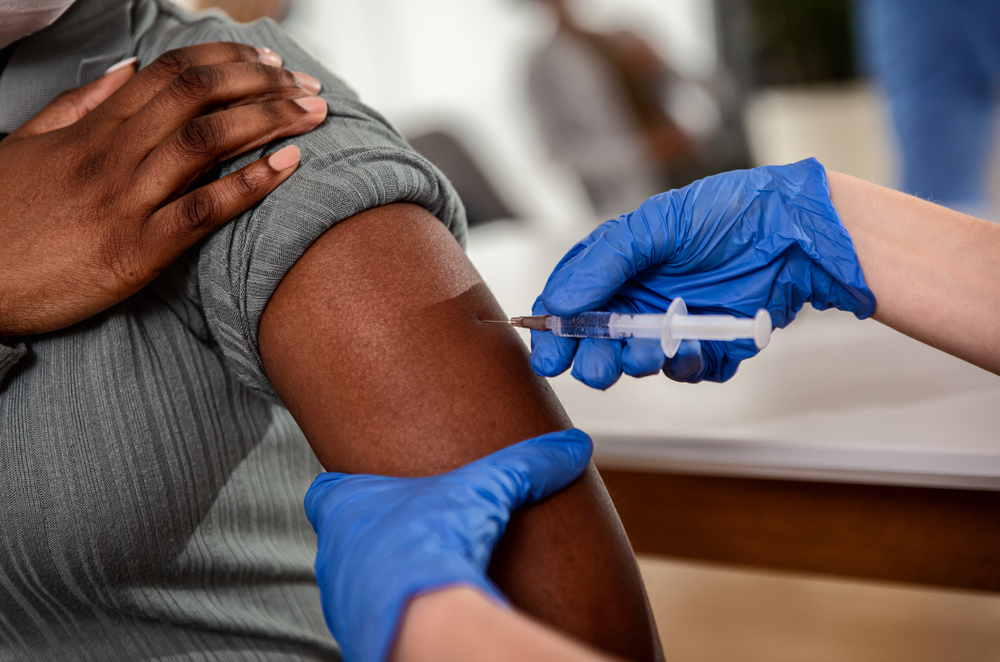The value of triage during periods of intense COVID-19 demand - simulation modelling study
14 May 2021
Using hospital records, researchers from HDR UK's Better Care South West have provided valuable information for policymakers and care providers on different triage approaches and their outcomes.

Overview
As COVID-19 cases mounted there were times when it was feared that ICUs would be overwhelmed – and the possibility that decisions would need to be made on which patients would be admitted and on what basis. This study – published in Medical Decision Making, used anonymised NHS patient data to simulate the outcome of different approaches.
Challenge
The rationing of ICU care would have demanded decisions with profound practical and ethical implications about triaging patients. Scientific evidence was needed about which approaches would yield what outcomes as a basis for rational decision-making on the best use of limited resources.
Solution
A team led by Dr Richard Wood, Head of Modelling and Analytics at BNSSG CCG and HDR UK associated researcher, addressed the issue by creating an open source computer simulation model. Using the records of 9,505 hospital patients they were able to assess the likely number of lives and life years saved for specific triage strategies under different scenarios.
The study was possible thanks to the relationships and networks Dr Wood and his colleagues had developed through HDR UK’s South West Better Care programme.
Lessons Learnt
If it had become necessary (as it has in some countries) to choose which patients were treated in ICU beds (with vital equipment like ventilators) then some forms of triaging could reduce the number of life years lost and, to a lesser extent, the number of lives lost.
Age was a key determinant and the best results were from prioritising patients under 50.
Triaging at the point of expressed demand had little effect on deaths but reduced life years lost by up to 8.4% (95% CI: 2.6% to 18.7%). However “reverse triage”, where patients not meeting the criteria are immediately discharged if a patient arrives who does meet them, could reduce life years lost by 11.7% (2.8% to 25.8%). This represents 23.0% (5.4% to 50.1%) of what is operationally feasible with no limit on capacity and in absence of improved clinical treatments.
Such triaging would trade off lives and life years saved in favour of predominantly younger patients, with greater survival outcomes and life-year potential. The research also highlighted the importance of accurate modelling – if, for example, the age threshold was set too low under a suboptimal triage strategy then performance could actually fall.
Impact and outcomes
Very little work has previously been done on intensive care triage. It is hoped that the research will provide a basis for policymakers and care providers to start preparing protocols for future health emergencies. As the research makes clear, this requires serious consideration of ethical and practical issues.
Insights from the Impact Committee
The HDR UK Impact Committee chose this paper as an example of how health data science can contribute to better care. They were impressed with it as research with a high degree of public and patient impact, and that is generalisable.



